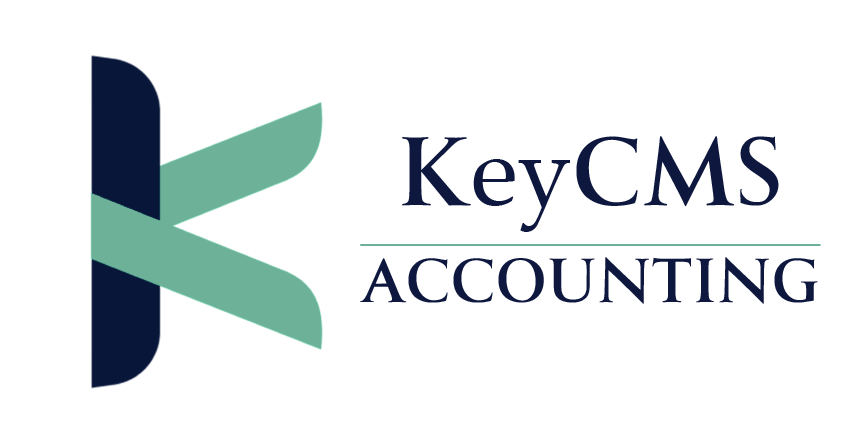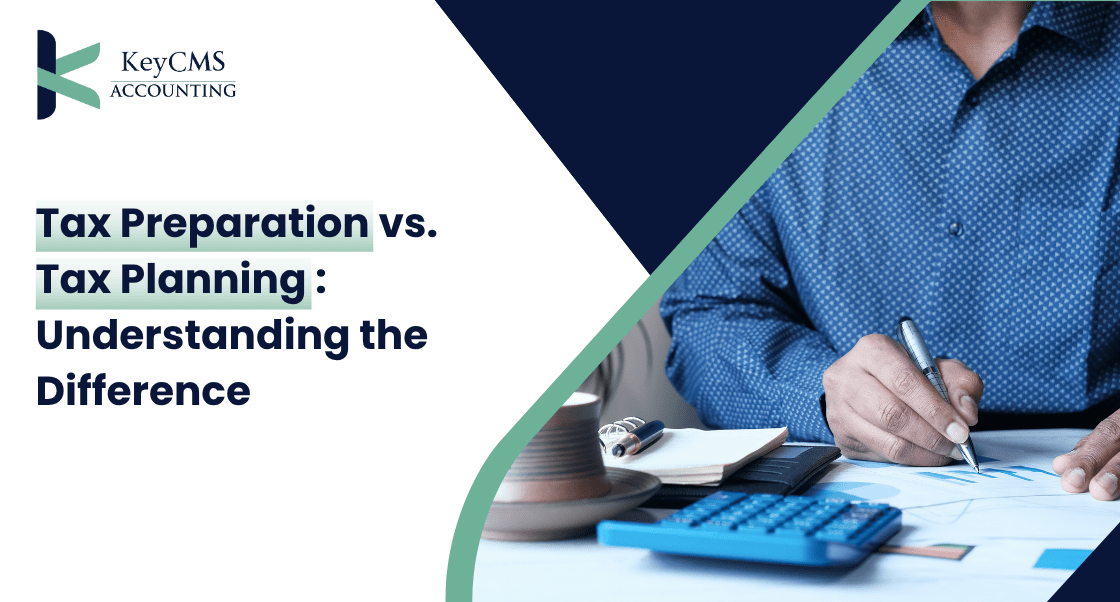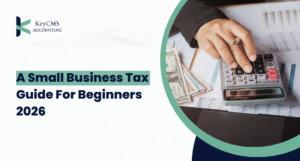When it comes to managing your taxes, many people often use the terms “tax preparation” and “tax planning” interchangeably. While they are closely related, they serve very different purposes. Understanding the difference can save you money, reduce stress, and help you make smarter financial decisions year-round. In this blog, we’ll break down what tax preparation and tax planning are, how they differ, and why both are essential to your financial health.
What is Tax Preparation?
Tax preparation is the process of gathering, organizing, and submitting your financial information to the IRS or your local tax authority. This includes income from wages, investments, business profits, and deductions for expenses like mortgage interest or charitable contributions. Essentially, tax preparation is about compliance – it ensures you meet your legal obligations and avoid penalties.
Key Components of Tax Preparation
- Collecting Financial Documents: This includes W-2s, 1099s, receipts for deductible expenses, and statements for interest or dividends.
- Calculating Taxable Income: Determining how much of your income is subject to taxation after accounting for deductions and exemptions.
- Completing Tax Forms: Filling out forms such as the 1040 in the U.S. or equivalent local tax returns.
- Submitting Returns on Time: Filing accurately before the deadline to avoid penalties or interest.
- Paying Taxes Owed or Claiming Refunds: Ensuring that any owed taxes are paid or refunds are claimed efficiently.
Tax preparation can be done by individuals using tax software, through professional accountants, or by online tax services. While it’s often viewed as an annual task, proper preparation starts by keeping organized financial records throughout the year.
Why Tax Preparation is Important
- Compliance: Avoid fines, penalties, or audits.
- Accuracy: Ensures all income and deductions are reported correctly.
- Peace of Mind: Knowing your taxes are filed properly reduces stress.
- Eligibility for Refunds: Proper preparation maximizes potential refunds.
What is Tax Planning?
Tax planning, on the other hand, is a proactive approach to managing your finances to minimize tax liability legally. While tax preparation looks backward at the previous year’s income, tax planning looks forward, aiming to structure your finances in ways that reduce future tax burdens.
Tax planning is not limited to just individuals; businesses, investors, and even retirees can benefit from a strategic tax plan. By planning ahead, you can make decisions that maximize deductions, credits, and other tax benefits while avoiding unnecessary tax hits.
Key Components of Tax Planning
- Timing Income and Expenses: Deferring or accelerating income and deductions to reduce tax liability.
- Choosing Tax-Advantaged Accounts: Contributing to retirement accounts, Health Savings Accounts (HSAs), or education savings plans to reduce taxable income.
- Investment Strategies: Planning capital gains and losses, dividend income, and tax-efficient investments.
- Business Tax Planning: Structuring business expenses, payroll, and entity choice to optimize taxes.
- Estate and Gift Planning: Minimizing estate and gift taxes through strategic transfers and trusts.
Why Tax Planning is Important
- Tax Efficiency: Helps you keep more of your money legally.
- Financial Strategy: Aligns your financial goals with tax considerations.
- Avoid Surprises: Reduces the risk of owing large sums at the end of the year.
- Long-Term Benefits: Compounding tax savings over time can significantly increase wealth.
Key Differences Between Tax Preparation and Tax Planning
While tax preparation and tax planning are related, they differ significantly in terms of timing, purpose, and approach. Tax preparation is primarily retrospective – it focuses on the past year’s income and expenses to ensure your taxes are filed accurately and on time. Its main goal is compliance, making sure you meet legal requirements and avoid penalties. Tax planning, by contrast, is proactive and forward-looking. It involves strategizing your finances throughout the year to minimize your future tax liability, taking advantage of deductions, credits, and other tax-saving opportunities.
Another key difference is frequency. Tax preparation is typically an annual task tied to tax filing deadlines, whereas tax planning is an ongoing process that can occur year-round. The focus also sets them apart: preparation concentrates on reporting income and claiming allowable deductions, while planning emphasizes structuring your finances, investments, and expenses in the most tax-efficient way possible. In essence, tax preparation ensures you comply with tax laws, while tax planning helps you optimize your financial decisions to reduce taxes and increase long-term wealth.
In short, tax preparation is about making sure your taxes are done right, while tax planning is about making sure your taxes are as favorable as possible before they are due.
Examples of Tax Preparation vs. Tax Planning
Tax Preparation Example:
John is a freelance graphic designer. He gathers all his income statements, expense receipts, and bank statements for the year. He uses tax software to fill out his 1040 and reports his income, deductions, and credits. John files his return by April 15 and either pays what he owes or receives a refund.
This is purely compliance-driven; John is reacting to what happened over the past year.
Tax Planning Example:
Jane, another freelancer, notices that she expects a higher income next year. She decides to make extra contributions to her retirement account and prepay some business expenses in December to reduce taxable income for the current year. She also considers selling some investments to offset capital gains.
Jane’s actions are proactive – they aim to reduce future taxes and strategically manage her finances.
The Relationship Between Tax Preparation and Tax Planning
Even though tax preparation and tax planning are different, they are interdependent. Proper tax preparation can provide the data needed for effective tax planning, and thoughtful tax planning can simplify tax preparation in the future.
For example:
- Keeping organized records throughout the year (preparation) makes it easier to implement tax strategies (planning).
- Tax planning strategies may influence how you report income and deductions during preparation.
- Both work together to ensure compliance while minimizing financial burdens.
Common Tax Planning Strategies
Here are some practical strategies individuals and businesses often use:
- Maximize Retirement Contributions: Contributions to accounts like 401(k)s or IRAs reduce taxable income.
- Use Tax Credits: Educational credits, energy-efficient home credits, and childcare credits can significantly reduce taxes owed.
- Harvest Capital Losses: Selling investments at a loss to offset gains can minimize capital gains tax.
- Defer Income: If possible, deferring bonuses or freelance payments to the next year can lower current-year taxes.
- Bunch Deductions: Combining multiple years’ worth of deductible expenses into one year can push you over the standard deduction threshold, maximizing itemized deductions.
- Choose the Right Business Structure: For business owners, entity choice (LLC, S-Corp, etc.) can impact taxes significantly.
- Gifting and Estate Planning: Strategic gifts and trusts can minimize estate taxes and transfer wealth efficiently.
Tools and Resources for Tax Preparation and Planning
- Software: TurboTax, H&R Block, TaxSlayer, and other online platforms are excellent for preparation.
- Professional Accountants/CPAs: Professionals can handle complex situations and provide personalized advice.
- Financial Planners: Can help integrate tax planning with overall financial strategies.
- IRS and Tax Authority Websites: Free resources for forms, guides, and calculators.
- Budgeting and Record-Keeping Tools: Tools like QuickBooks, Mint, or personal spreadsheets help maintain accurate records year-round.
Tips for Combining Tax Preparation and Planning
- Start Early: Don’t wait until April to think about taxes. Year-round organization aids both preparation and planning.
- Keep Detailed Records: Track income, expenses, and deductions throughout the year.
- Review Tax Changes Annually: Tax laws change frequently. Staying informed helps you plan effectively.
- Leverage Professionals: A CPA or tax advisor can ensure compliance and uncover planning opportunities.
- Set Goals: Align tax strategies with long-term financial goals like homeownership, retirement, or business growth.
Conclusion
While tax preparation and tax planning are both critical to managing your finances, understanding the distinction is essential. Tax preparation is about accurately reporting past income and complying with laws, whereas tax planning is about strategically managing your finances to minimize future taxes. Both are not only necessary but complement each other – preparation informs planning, and planning can simplify preparation.
By incorporating year-round tax planning into your financial routine and staying organized for tax preparation, you can reduce stress, avoid surprises, and maximize your financial potential. Whether you’re an individual, a freelancer, or a business owner, understanding the difference between tax preparation and tax planning is the first step toward smarter, more efficient financial management.
FAQs
1. What is the main difference between tax preparation and tax planning?
Tax preparation is focused on filing your tax return and calculating the refund based on previous income and expenses. In contrast, tax planning is an ongoing process aimed at minimizing tax liability by making certain strategic financial choices throughout the year.
2. Do I need tax planning if I already use tax preparation software?
Absolutely. Tax software may assist you with compliance and filing, but it does not provide constructive direction on long-term strategies such as the structure and timing of income, maximizing cuts, and/or minimizing taxes. Tax planning is not limited to filing.
3. When should tax planning be done?
Tax planning is a continuous activity. Although it is particularly useful during important financial events or at the end of a year, it is also true that continuous tax planning is beneficial, because it results in more strategic tax planning and more favorable outcomes over time.
4. Is tax planning only for high-income individuals or businesses?
Absolutely not! Tax planning is useful for individuals and businesses of all sizes, like freelancers and retirees. Everyone who is earning income, making investments, or has a financial plan of any sort can benefit from tax planning.
5. Can tax planning reduce the amount of taxes I owe legally?
Tax planning is concerned with reducing taxes in a legal manner by using tax reduction techniques such as credits, tax-deferred accounts, and strategic timing. All tax planning activities adhere to the law.
6. In what ways does tax planning streamline tax preparation?
Tax planning minimizes surprises, simplifies income and deduction explanations, and makes tax preparation faster and more accurate.
7. Is it advisable to get a pro for tax preparation and planning?
Although basic returns are doable with software, a CPA or tax advisor is needed for more complicated situations, for business owners, or for people wanting custom tax savings strategies.




